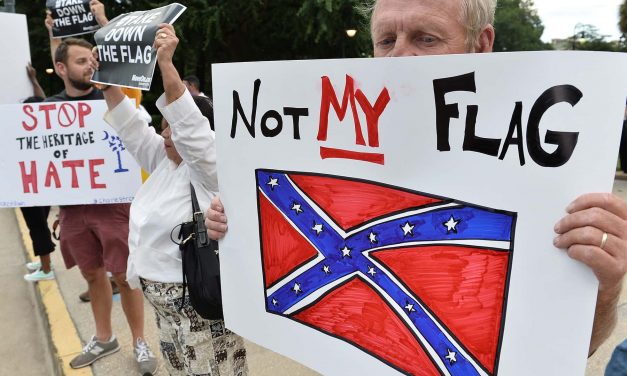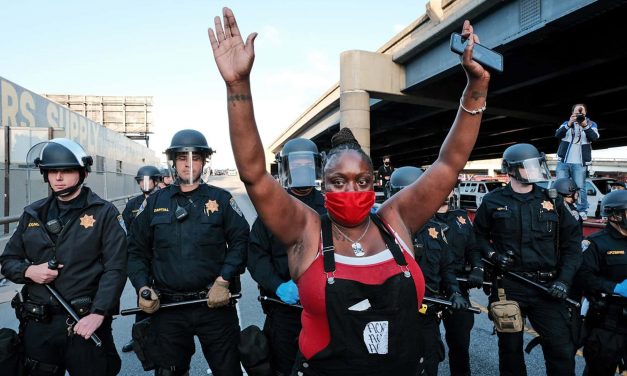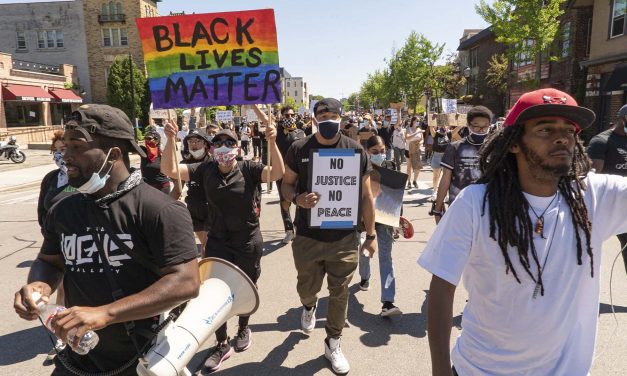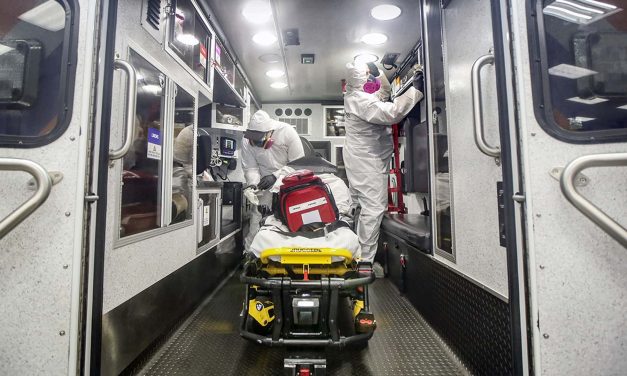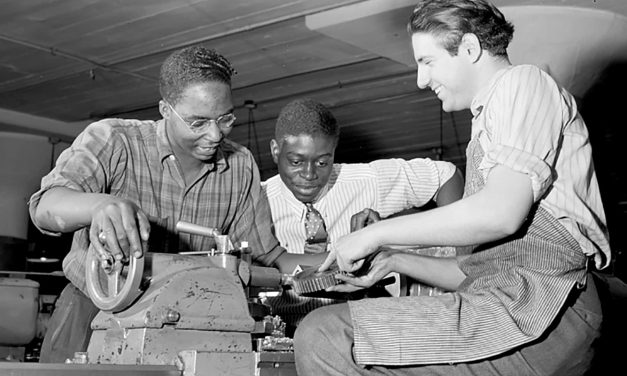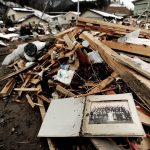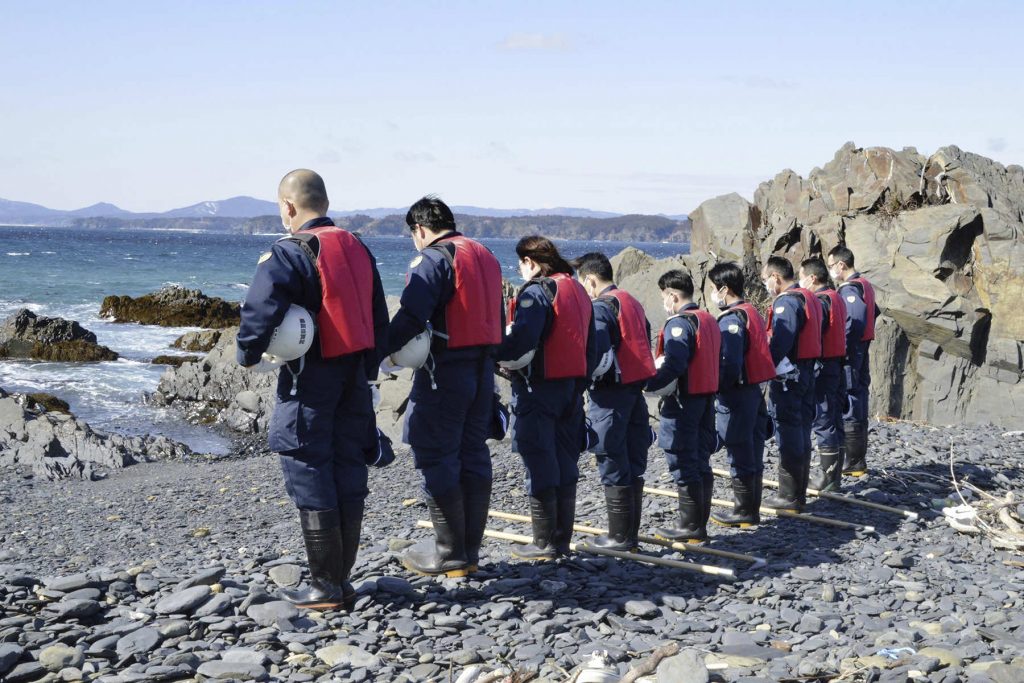Database of advertisements for fugitive slaves reveals the roots of Black Resistance in America
A fugitive slave ad from just over 200 years ago reads: “Run away from the subscriber in Albemarle, a Mulatto slave called Sandy. His stature is rather low, inclining to corpulence, and his complexion light; he is a shoemaker by trade, in which he uses his left hand principally, can do coarse carpenters work, and is something of a horse jockey… Whoever conveys the said slave to me, in Albemarle, shall have 40 s. Reward.” Placed by future president Thomas Jefferson, the ad in search of the runaway Sandy is one of more than 27,000 collected so far by...
Read More

